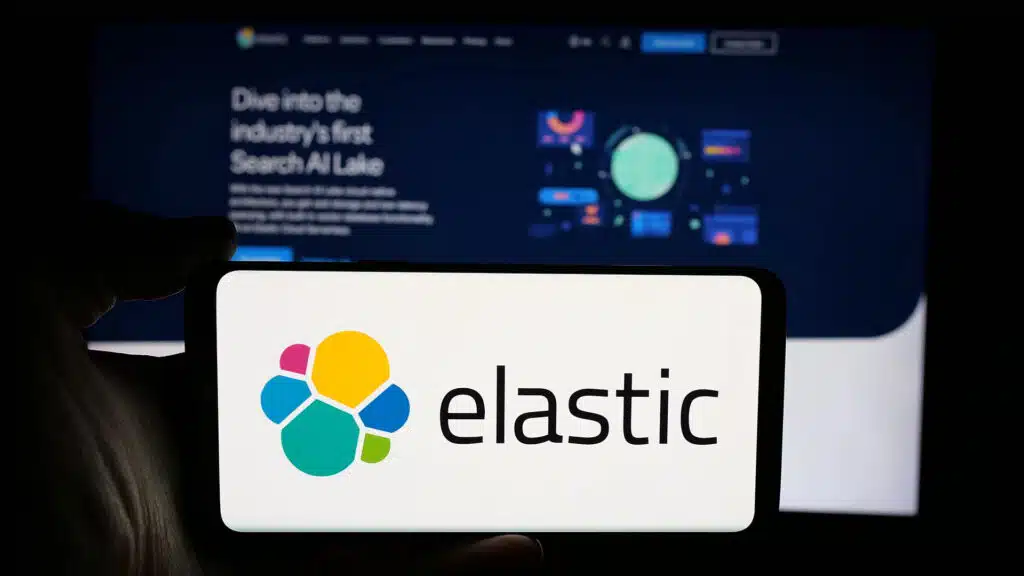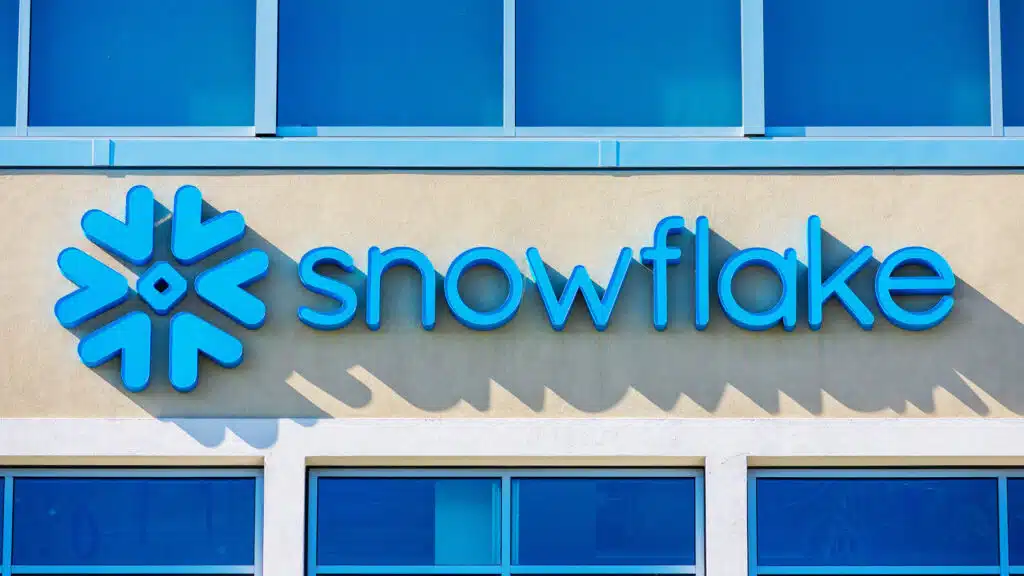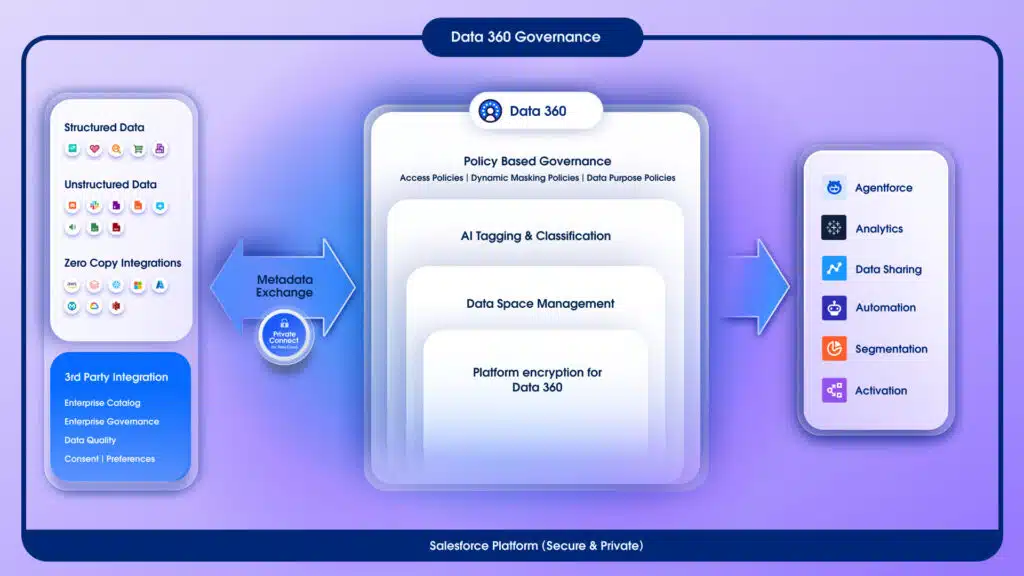The News: Google made several announcements ahead of the National Retail Federation (NRF) Big Show 2024 that revolve around the incorporation of AI and generative AI to improve customer interactions and backend processes and workflows for retailers. The company also announced a new 5-year strategic partnership between Victoria’s Secret and Google Cloud designed to help the retailer create more personalized and inclusive online shopping experiences for its global customers and improve operational efficiencies within its business. You can read more about these announcements on Google’s website.
Google Announces New AI Powered Tech for Retailers
Analyst Take: Google made numerous retail-focused announcements ahead of the NRF Big Show 2024, which revolve around a revamped focus on AI-enhanced customer experiences. This approach involves improving backend cataloging processes and product discovery, alongside a new hardware-software solution to deploy AI innovations across various retail locations. Specifically, the new services announced by Google include:
- New generative AI-powered conversational commerce solution enables retailers to easily deploy personalized chatbots for online shopping.
- Customer service modernization solution creates personalized and streamlined experiences.
- New catalog and content enrichment solution helps retailers simplify and accelerate the cumbersome product cataloging process and improve product discovery.
- Google Cloud’s flagship search technology for retailers enhanced with a large language model (LLM) capability to help shoppers more easily find and discover products.
- A combined edge hardware and software offering, Google Distributed Cloud Edge (GDCE), helps retailers to easily deploy, manage, and scale applications and AI innovations across thousands of locations.
Google Cloud’s partnership with retailer Victoria’s Secret incorporates many of these new services, including more personalized and inclusive online shopping experiences for its global customers and improving operational efficiencies within its business.
Deploying Chatbots to Improve Personalization for Online Shopping
Google Cloud’s new conversational commerce solution can run on Google Cloud’s Vertex AI platform or be embedded into a retailer’s existing catalog management applications. It allows retailers to build virtual agents that can have helpful and nuanced conversations with shoppers using natural language and can provide product options based on a shopper’s preferences and attributes, including preferred color, occasion or use case, weather, associated accessories, and their budget. This type of personalization based on preferences is critical to streamlining the shopping process, particularly within retail categories where there are numerous similar product options or retail purchase options. Most importantly for retailers, is Google’s promise of being able to quickly deploy these conversational AI agents in weeks rather than months thereby addressing a critical decision criterion for many retailers: time to value.
Using Generative AI Solutions to Optimize Customer Service and Catalog Management
Google Cloud’s new customer service modernization solution is focused on helping retailers improve shopper self-service and engagement. AI and generative AI-based enhancements include assistants that can provide personalized product recommendations, schedule appointments, and check the status of orders. This solution can also leverage Google Cloud’s advanced AI capabilities for language translation, helping personalize the customer service experience and broaden the appeal of products written in a language that is not understood by a specific customer.
The modernized solution also improves employee productivity and efficiency through the use of generative AI-powered summarizations of customer conversations, the use a single interface to consolidate internal information, and support for real-time responses for representatives based on knowledge across a retailer’s internal resources.
Another key element of the solution is the ability to modernize a retailer’s voice and chat technology infrastructure, enabling them to handle multiple customer engagement channels simultaneously, like email, text, phone call, and online chat, and seamlessly pivot between these channels during customer service interactions. This technology, when combined with BigQuery, Google Cloud’s Data Warehouse solution, can be used to harmonize shopper sentiment across sources like online reviews, social media posts, customer feedback, and chats with customer service representatives. This ensures that insights about a customer incorporate all interactions, thereby providing customer representatives, agents, and analysts with an up-to-date view of the customer at all times.
On the back end, Google Cloud’s new catalog and content enrichment solution is designed to help teams simplify and accelerate product cataloging via the use of generative AI. The solution enables the ability to create and analyze product images and descriptive text, and then use generative AI to automatically generate content, like product descriptions, product meta-data, and language tuned for search engine optimization (SEO), quickly and efficiently. This is particularly important for organizations that frequently update and revise their product offerings, such as seasonal retailers or retailers that often wind up selling frequently updated versions of products.
Looking Ahead
Google’s recent announcements before the NRF Big Show 2024 underscore its strategic focus on using AI to transform the retail experience, aligning with broader market trends toward digital innovation and personalized customer engagement. By introducing AI-powered solutions for conversational commerce, customer service modernization, and enhanced catalog management, Google is positioning itself as a key player in revolutionizing retail operations. These offerings, including the deployment of chatbots for personalized online shopping and AI-driven content enrichment for product catalogs, reflect a deep understanding of the needs of both retailers and consumers in an increasingly digital marketplace. The partnership with Victoria’s Secret further exemplifies Google’s commitment to integrating these advanced technologies into practical retail applications, showcasing a future where AI seamlessly supports both the customer journey and operational efficiencies.
Disclosure: The Futurum Group is a research and advisory firm that engages or has engaged in research, analysis, and advisory services with many technology companies, including those mentioned in this article. The author does not hold any equity positions with any company mentioned in this article.
Analysis and opinions expressed herein are specific to the analyst individually and data and other information that might have been provided for validation, not those of The Futurum Group as a whole.
Other Insights from The Futurum Group:
Google Cloud Drops Data Transfer Fees
Adults in the Generative AI Rumpus Room: AI Standards Hub, Google, Prompt Engineer Collective








